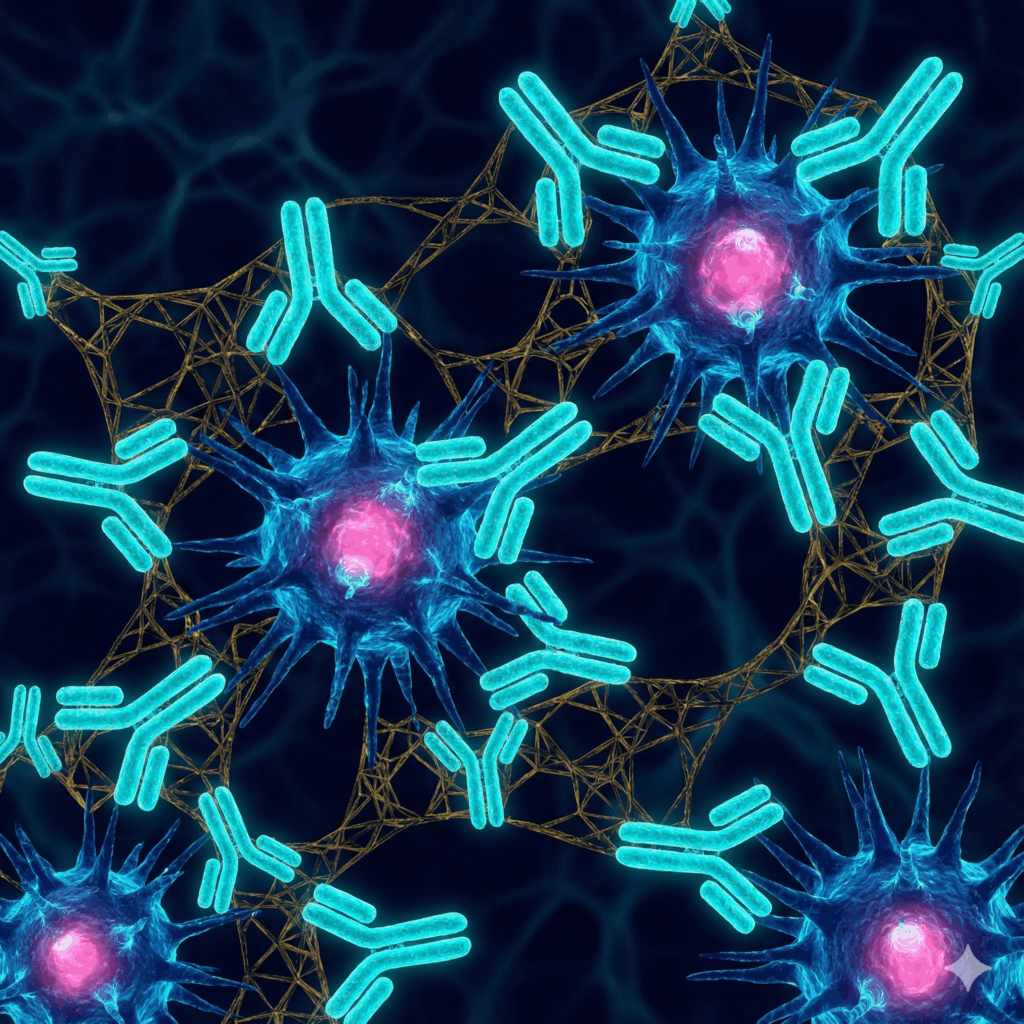Originally posted on IPKat.
In Azurity v. Alkem the US Court of Appeals for the Federal Circuit (CAFC) affirmed the District of Delaware’s ruling that Alkem’s antibiotic formulation did not infringe patent claims owned by Azurity. The CAFC found that Azurity clearly and unmistakably disclaimed the presence of a key ingredient from the claimed formulation during prosecution. Given that Alkem’s formulation included this ingredient, the generic product was found not to infringe. Critically, the court dismissed Azurity’s attempt to recant its earlier disclaimers as irrelevant. This case is also a classic example of how overly narrow patents may be designed around.
Legal background: US file wrapper estoppel
In the US, the principle of file wrapper estoppel is well established. Submissions made in US patent prosecution may be highly influential for claim interpretation post-grant. The doctrine of prosecution disclaimer is thus one of two exceptions to the general rule of claim construction in the US. A US patentee may, through clear and unmistakable disavowal in the prosecution history, surrender certain claim scope to which they would otherwise have an exclusive right by virtue of the claim language. Any explanation, elaboration, or qualification presented by the applicant during patent examination is considered relevant. Even statements made during prosecution of corresponding foreign patents may be considered pertinent .
Case Background: To comprise or to consist?
The parties involved in this case were Azurity Pharmaceuticals, Inc. as plaintiff-appellant and Alkem Laboratories Ltd. as defendant-appellee. The patent at issue (US 10959948) related to liquid formulations containing the antibiotic vancomycin and methods for using those formulations to treat bacterial infection. Drinkable liquid drugs are considered useful for treating pediatric and geriatric populations because they present a lower choking risk than capsules and, unlike injections, do not require sterilisation.
The patent claims as granted made use of “consisting of” as opposed to “comprising” language. In patent claims, “comprising” is generally understood to mean that the claimed subject matter includes but is not limited to the recited elements. The term “consisting” is generally understood to mean that the claim is limited to only those elements specifically recited and excludes any other elements. The patent at issue specifically claimed a liquid formulation formulated for oral administration, consisting of a buffering agent, water, a sweetener, a preservative, vancomycin hydrochloride, and a flavouring agent.
Too late to take it back: Failed attempt to undo prosecution disclaimers
The key issue on appeal was whether Azurity had disclaimed “propylene glycol” as a component of the claimed formulation during prosecution of the patent family. Throughout prosecution of a parent case, Azurity repeatedly argued that the absence of propylene glycol in the claimed invention distinguished it from the prior art. Azurity initially tried to overcome the prior art in a parent patent application in the same family by introducing negative limitations into the claims, excluding propylene glycol. When these were rejected, Azurity adopted the examiner’s suggestion to use “consisting of” language in the claim.
After the patent at issue was granted with the same consisting of language, the rival pharmaceutical company Alkem filed an Abbreviated New Drug Application (ANDA) with the FDA seeking market approval to sell its own vancomycin-based formulation. Alkem’s ANDA described a formulation containing vancomycin and, amongst other things, propylene glycol. After the ANDA was filed, Azurity brought a patent infringement suit against Alkem asserting multiple claims of their formulation patent.
Azurity clearly recognised that their earlier prosecution statements disclaiming propylene glycol as a component of the formulation might hinder their infringement action. In another patent application in the same family Azurity thus attempted to make a “for the record” statement that they “did not disclaim propylene glycol” during prosecution of the parent application and that they reserved “the right to claim propylene glycol in the instant and future cases in this patent family.” Azurity also argued that the consisting of language used in the claims did not preclude propylene glycol, as propylene glycol could be a component of the claimed flavouring agent.
In its decision, the CAFC unequivocally rejected Azurity’s attempt to discount their previous statements made during prosecution of the patent family. The court found that the unilateral and belated statement from Azurity on a different patent application carried no weight in the case in question. Azurity argued that the court’s interpretation of the prosecution history was overbroad and that the prosecution history was ambiguous. Even if there were a disclaimer, Azurity argued, it would exclude propylene glycol only as a carrier and not as a flavouring agent. However, for the CAFC, Azurity’s retroactive attempts to recant clear disclaimers would undermine the public’s ability to rely on prosecution history to understand patent scope. As the court stated: “The prosecution history leaves no room to doubt that Azurity adopted the ‘consisting of’ transition specifically to narrow the claims and overcome [the prior art] and its disclosure of propylene glycol”.
Having found that Azurity disclaimed propylene glycol, the court’s infringement analysis was self-admittedly “very simple: propylene glycol was disclaimed; the ANDA contains propylene glycol; therefore there is no infringement”. Alkem’s ANDA product undisputedly contained propylene glycol, both in its flavouring agent and as a separately listed ingredient. Given the disclaimer and the closed “consisting of” transition in the claims, the CAFC thus found no clear error in the district court’s non-infringement finding.
Final thoughts
The correct approach to claim interpretation is a live issue in Europe, as we await the decision of the Enlarged Board of Appeal in G 1/24 on whether the description can and should be used to interpret the claims . However, patents are rarely filed in only one jurisdiction. In pharma and biotech in particular, patent protection will usually be sought, at the very least, in all of the core markets of US, Europe, Japan and China. A patent application must therefore be drafted taking into account jurisdictional differences in how claims will be interpreted post-grant. As this case illustrates, unlike at the EPO, US prosecution history can be highly influential in how a patent claim is interpreted by the US courts. Azurity v. Alkem is a reminder that statements made during prosecution can come back to haunt a patentee, even when they attempt to recant these statements in a later application.
The Azurity v. Alkem decision is also a valuable reminder that overly narrow patent claiming, whether through explicit disclaimers or the use “consisting of”, can create vulnerabilities in IP protection. Azurity’s narrow claiming and prosecution arguments inadvertently created a design-around opportunity for its competitors. The key to achieving meaningful protection is in balancing breadth and specificity in patent claims. As with most things in patents, the answer is to understand and follow the science behind the claimed invention and commercial product. As Azurity v. Alkem shows, this principle should not stop with the patent drafting process but is also essential for ensuring prosecution results in meaningful protection.









